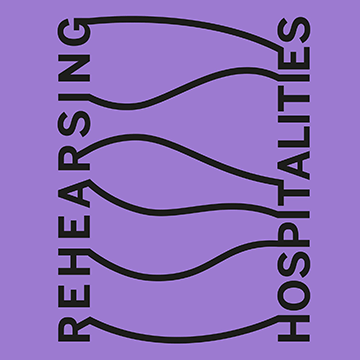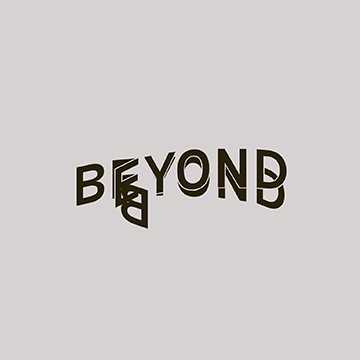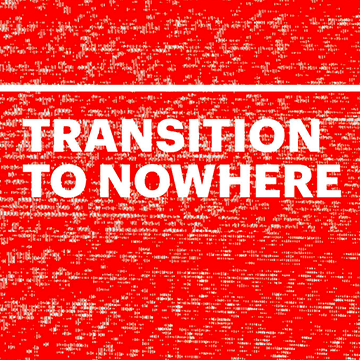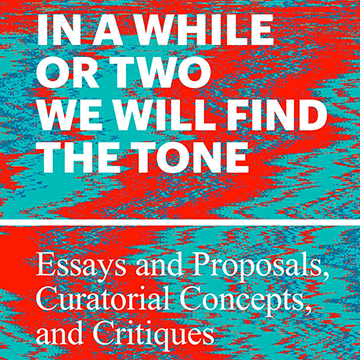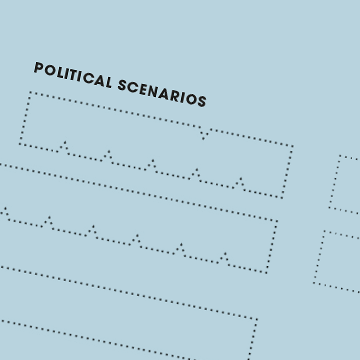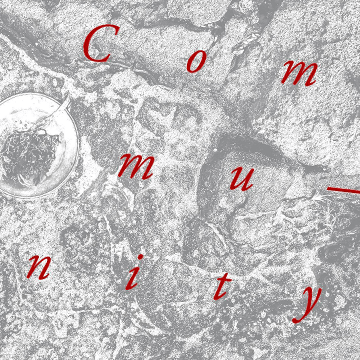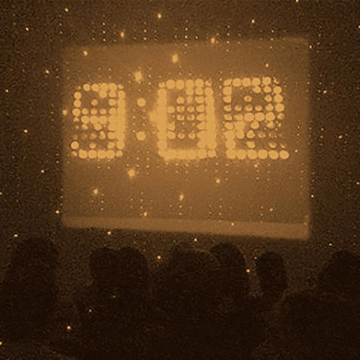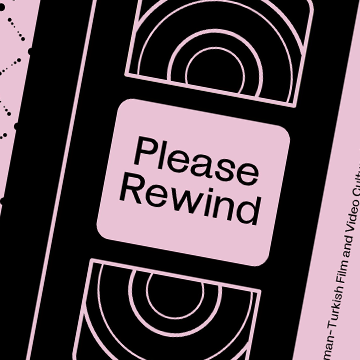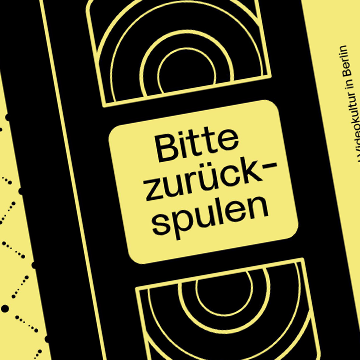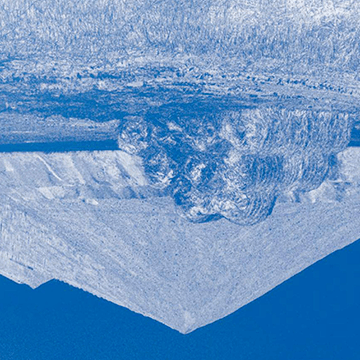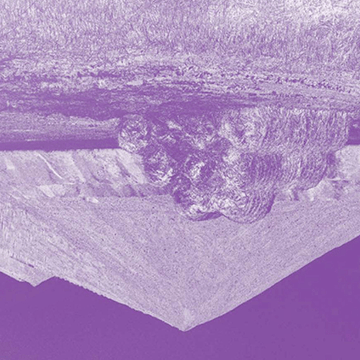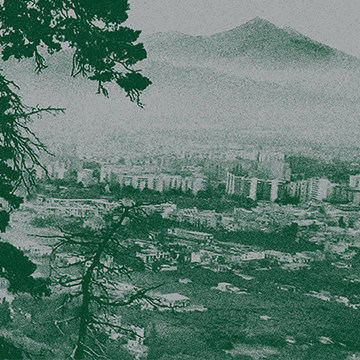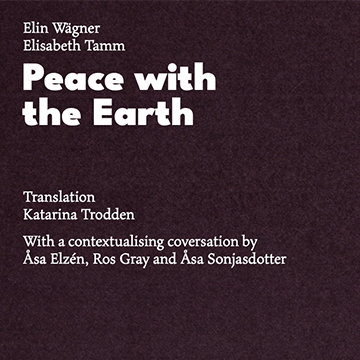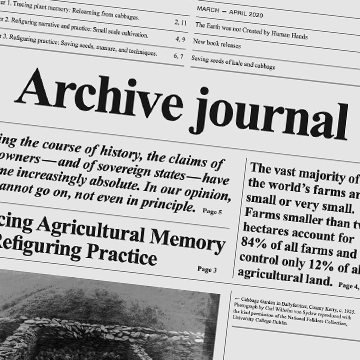Upon what kind of power structures of knowledge and knowing are contemporary art and artistic institutions dependent? Do practitioners in the art field reproduce oppressive Western epistemic paradigms through artistic practices and institutional structures, and if so, is there space for emancipatory ways of knowing? What are the ways that intersectional subjectivities open up new epistemic processes within the artistic field? These are among the questions and considerations that provide a critical lens for the 2019 Rehearsing Hospitalities programme.
Category: Titles
Beyond Repair
Today, after Post-Communism has ended in chaos and confusion, we are entitled to ask: was it a condition, or a transition; a rise or a decline; progression, regression or simply a time-lag? Has it ever shaped its own form of social being, a unique mode of economic production, a politics of its own, a culture? Or was it just another interregnum of history, full of morbid symptoms we cannot get rid of?
Transition to Nowhere
Today, after Post-Communism has ended in chaos and confusion, we are entitled to ask: was it a condition, or a transition; a rise or a decline; progression, regression or simply a time-lag? Has it ever shaped its own form of social being, a unique mode of economic production, a politics of its own, a culture? Or was it just another interregnum of history, full of morbid symptoms we cannot get rid of?
In a While or Two We Will Find the Tone
Bonaventure Soh Bejeng Ndikung’s expanded curatorial practice delineates the space of exhibition making as a space of critical thinking and of experimentation. By proximity, the texts in this anthology, echo each other, resonate with each other, interfere with each other, and present perspectives on the political, poetic, and philosophical potentials of exhibition making, beyond the tight corset of the discipline itself.
My Name is Language
The publication My Name Is Language (2020) explores the key tenets of artist Nicoline van Harskamp’s research and practice, such as the contemporary use and modification of languages, a treatment of names as spoken language rather than spelled identity markers, and the practice of self-naming. In the fictive worlds represented in this book, society is not centralized, not oversized, and self-naming is brought forward as a form of self-empowerment and resistance.
Igor Zabel: Inexplicable Presence
This catalogue presents the exhibition Inexplicable Presence (Curator’s Working Place) curated by Igor Zabel at Ljubljana’s Moderna galerija/Museum of Modern Art in 1997 and at the Celje Gallery of Contemporary Art in 1998. The posthumous publication emerges from the recent finding of an outline of the catalogue that Zabel intended to self-publish.
Jane Jin Kaisen. Community of Parting
Community of Parting is an extension and continuation of Jane Jin Kaisen’s artistic practice. Kaisen brings past and present, the eternal and the temporal into play through layered, performative and multi-voiced, feminist works that explore topics such as memory, war, migration, and borders in a field where individual experiences and collective stories intersect. Her works negotiate and mediate the means of representation, resistance and reconciliation, thus forming alternative genealogies and sites of collective emergence.
Japanese Expanded Cinema and Intermedia
Intermedia and Expanded Cinema, both as critical approach and artistic practice, left an indelible mark in a period of Japanese art history that is broadly considered to be one of its most dynamic moments in the wake of its postwar reemergence. Rather than assuming the interpretations of the terms were the same as their counterparts abroad, we decided to commission translations of a selection of key texts that we felt were instrumental in shaping the specific discourse around these terms.
Not Working
This book is published on the occasion of the exhibition Not Working, Artistic production and matters of class at Kunstverein München from September 12 until November 22, 2020. It includes contributions that form a theoretical, literary, and poetic extension of exhibition bringing together international artists, theorists and writers who in their work examine the interdependence of artistic production and social class.
Please Rewind. German-Turkish Film and Video Culture in Berlin
Along with labor migration from Turkey, Turkish film culture has, over the years, established itself in West Berlin. Starting with screenings of Turkish films in Berlin cinemas, the video cassette conquered the market in the 1980s. Video nights became important family events; the video rental industry was booming. In addition to the import of videos from Turkey, videos which examined experiences of migration and ques- tions of identity were also produced in Germany. This publication is dedicated to the re-discovery of the German-Turkish film and video culture which continues to shape the post-migrant society to this day.
Bitte zurückspulen. Deutsch-türkische Film- und Videokultur in Berlin
Mit der Arbeitsmigration aus der Türkei etablierte sich über die Jahre auch die türkische Filmkultur in Westberlin. Angefangen mit Vorführungen türkischer Filme in Berliner Kinos, eroberte in den 1980er Jahren die Videokassette den Markt. Videoabende wurden zu wichtigen Familienevents, das Video-Verleih- geschäft boomte. Neben dem Import von Filmen aus der Türkei wurden auch in Deutschland Videos produziert, in denen Migrationserfahrungen und Identitätsfragen thematisiert wurden. Diese Publikation widmet sich der Wiederentdeckung dieser deutsch-türkischen Film- und Videokultur, welche die postmigrantische Gesellschaft bis heute prägt.
wild recuperations. material from below
Dissident practices and sociabilities of the late GDR unfolded in a present that was largely detached from any utopian future. Their traces are alive in the memory of those involved in the cultural and political underground at the time and in numerous materials and documents held in archives and collections. This book is the result of a transdisciplinary research process that brought artists, researchers, writers, curators, archivists, activists, and multiple interlocutors together at the Archive of the GDR Opposition in Berlin.
wildes wiederholen. material von unten
Die Erfahrungen des gemeinsamen widerständigen Lebens in der von jeder utopischen Zukunft gelösten Gegenwärtigkeit der späten DDR harren noch immer einer differenzierten Bearbeitung. Ihre Spuren sind in der Erinnerung der damals Involvierten und in zahlreichen Dokumenten und Materialien in Archiven und Sammlungen aufgehoben. Dieses Buch ist das Ergebnis eines vielstimmigen und transdisziplinären Arbeitsprozesses von Künstler*innen, Autor*innen, Forscher*innen, Kurator*innen, Archivar*innen, Aktivist*innen und weiteren Gesprächspartner*innen im Archiv der DDR-Opposition.
Conversing with Leaves
Dialogue forms the basis of everything in my artistic practice. I never work in a vacuum, never just in my head or shut away in a studio. I always view myself as being in a dialogue with the world, with others. I travel a lot for my work and I’m dependent on people to talk with locally, on hospitality and collaboration. For some time, I’ve also been interested in the way we can understand plants as actors in history, in other words, not just as passive extras. Of course, plants don’t talk in words, but they are still communicating through smells, colours, or toxins. So conversations always take place on various levels.
Peace with the Earth
The pamphlet Peace with the Earth was published by the Swedish suffragettes and peace activists Elisabeth Tamm and Elin Wägner in 1940, after the outbreak of the Second World War. Elisabeth Tamm served as one of the first women in parliament and was an organic farmer. Elin Wägner worked as a writer and activist on matters of women’s rights, peace, and ecology, and was a member of the Swedish Academy. The authors’ observations and proposals connect questions of agriculture to those of custody of land and habitats, where the ‘arrogant desire’ to own land must be overcome.
Archive Journal n°9
This issue was initiated by visual artist, researcher and amateur plant breeder Åsa Sonjasdotter to accompany her exhibition and seed propogation project at Project Arts Centre (PAC), Dublin. In collaboration with practitioners of cultivation, the project 'Peace with the Earth – Tracing Agricultural Memory, Refiguring Practice' revisits histories of agriculture. It investigates soil, habitat and dwelling histories, in order to challenge and transform long-established cultural narratives of cultivation and ecological thinking.
